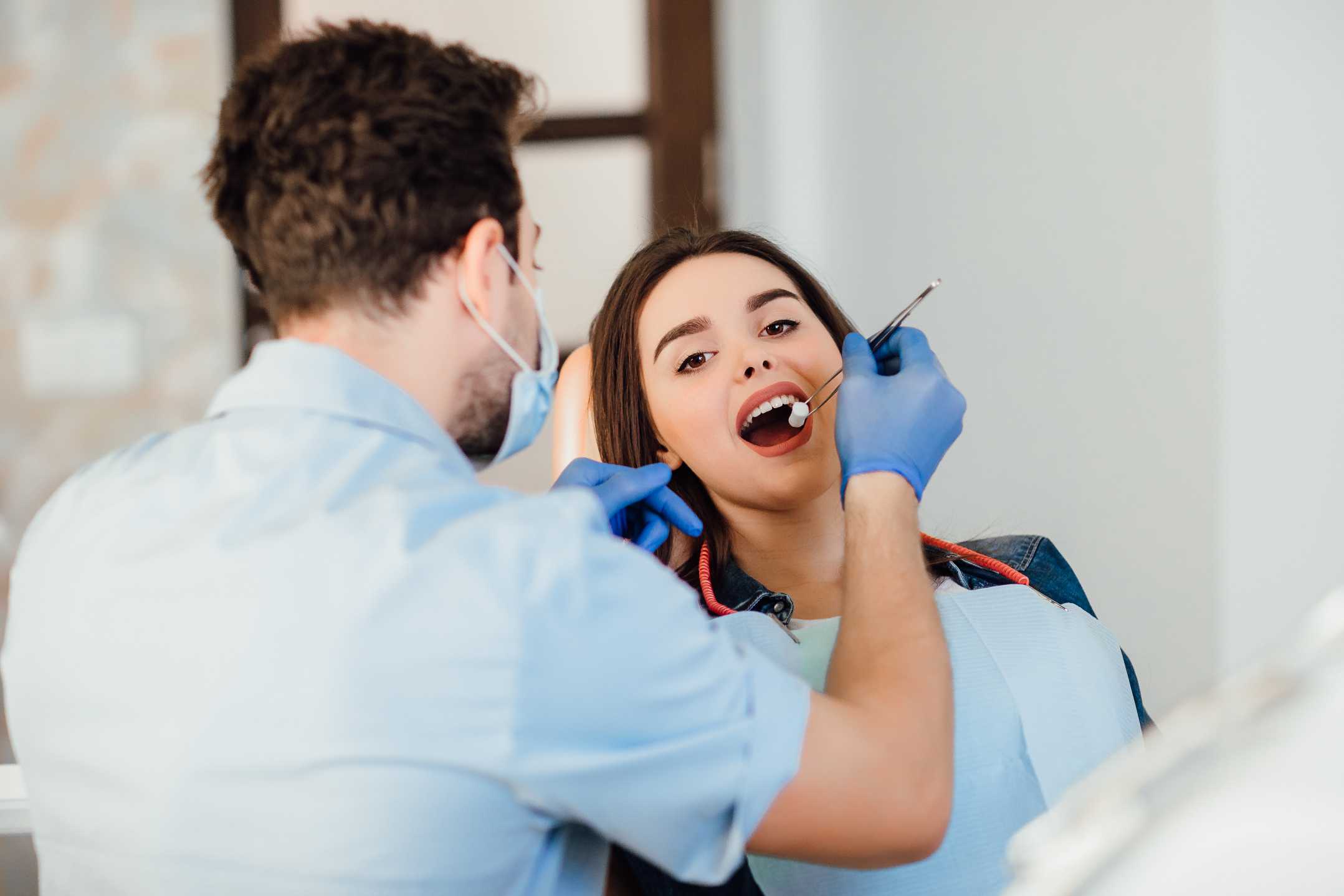Welcome to OroGlee
Your dental fitness partner - offering end to end dental care solutions and more.

Your dental fitness partner - offering end to end dental care solutions and more.

Reliable and Affordable dental care for everyone
With a strong presence across the nation, we bring world-class dental care closer to you

With a strong presence across the nation, we bring world-class dental care closer to you
Committed to your oral health
Ensuring good facilities
Pocket-friendly dental care
Help your child build a lifetime of healthy habits! Our fun and engaging challenge encourages kids to brush their teeth twice daily for better oral health.
Brush twice a day and track progress easily
Complete 50 brushings in 30 days to earn Certificate
Your child will receive a special achievement certificate when they complete at least 50 brushings in 30 days. It's a fun way to celebrate their commitment to oral health!

Join thousands of happy families in building healthy oral care habits! 🌟
Connect with certified OroGlee dentists instantly. Get professional advice, personalized recommendations, and solutions tailored to your oral health needs—absolutely free.
Connect with experienced, certified dental professionals who care about your oral health.
Now consult with an expert dentist from the comfort of your home!
Receive customized recommendations based on your unique dental condition and concerns.
Our dental experts are standing by to help you with any oral health concerns.
No credit card required • Completely confidential
Professional Scaling
OroGlee Care+ Gold Card
Benefits upto ₹30,000 - Absolutely FREE with your FIRST booking!
Book your scaling appointment and receive our premium Care+ Gold card with incredible wellness benefits!
Know what to expect before you visit. Our dentists ensure a smooth, comfortable, and effective cleaning experience tailored to your oral health.
Ideal for patients with healthy gums and teeth with mild calculus buildup.
Recommended for moderate to heavy calculus buildup. Ensures complete gum care and long-term oral health.
Our inclinic dentists will assess your oral condition and guide you with a personalized plan.
₹1,000 per session* – Transparent pricing for every patient, with no hidden costs.
*Price mentioned is per session. Number of sessions needed shall vary based on your dental health evaluation by the dentist.